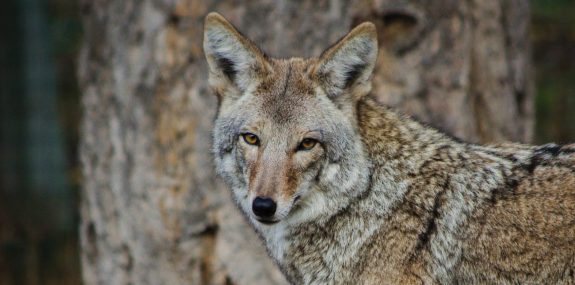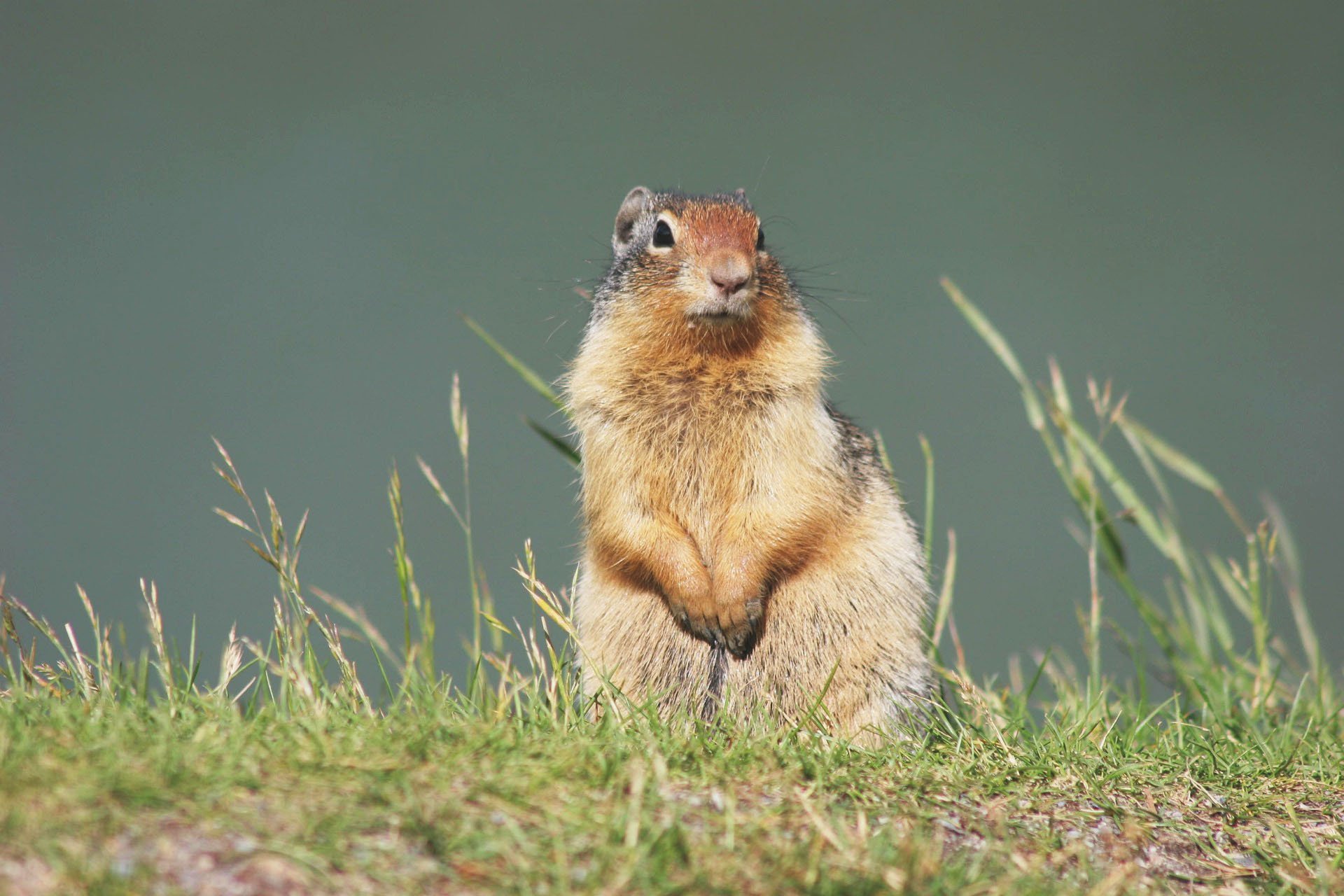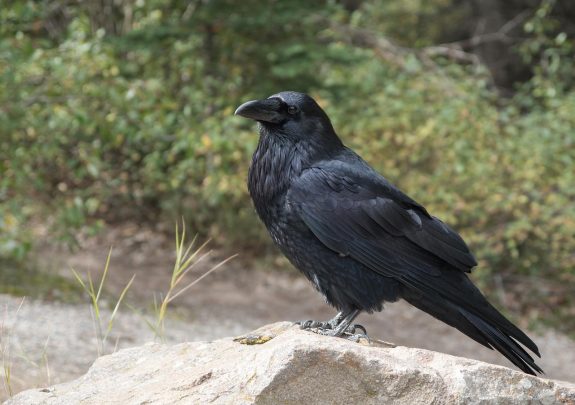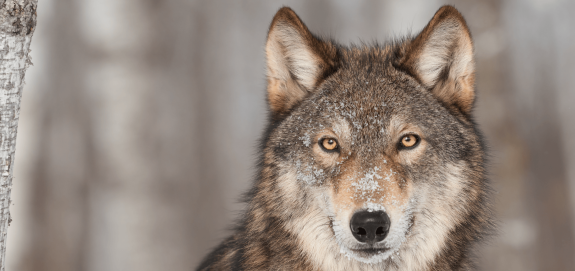Canada’s beautiful and diverse wildlife is part of our country’s pride, but wild animals benefit from few legal protections. Wild animals in Canada are subjected to trophy hunting, trapping, fishing, poisoning, and extermination programs. Meanwhile, the international trade in wild animals depletes populations, causes significant suffering and death, and also puts the world at risk of another pandemic.
Commercial and recreational hunting affects numerous species in Canada. Commercial hunts for large mammals such as seals and grizzly bears are not only cruel and unsustainable, they are economically misguided. Studies have shown that ecotourism, which allows a living animal to be viewed by paying tourists many times, rather than killed once, is a better business model than commercial hunting.
Trophy hunting is legal in Canada, despite polls showing that nearly nine in ten Canadians oppose killing animals for sport. Species like bears, coyotes, cougars, deer, moose, waterfowl, and several other small birds and mammals are gunned down every year—often against the advice of conservation experts. Sports hunting harms not only animals who are wounded or killed, but also baby animals who are orphaned by hunters.
Canada also still allows hunters to import and export hunting trophies, including from animals whose species are threatened. Shockingly, it’s even still legal to import elephant trophies and ivory.
Governments often engage in wildlife control or eradication programs, which amount to egregious wildlife mismanagement. Sometimes governments will pay bounties to hunters for animals that are considered a “nuisance” to some humans. Other times, governments will kill animals themselves, such as a British Columbia effort to exterminate wolves by shooting them from helicopters. Despite a campaign by Animal Justice, the federal government also allows cruel poisons like strychnine and Compound 1080, to be used to kill wolves, coyotes, and black bears.
Many of Canada’s municipalities and provinces have out-dated and cruel wildlife management policies which include hunts or culls of “nuisance” species, killing animals that come into urban areas rather than re-locating them, and poisoning or trapping. These policies are ineffective and inexcusable, given that compassionate alternatives exist to humanely and more effectively manage wildlife populations, and control interactions between wild animals and humans. Provincial and municipal governments across Canada should work with experts to implement humane wildlife management practices.
Canada is also a major global player in the cruel and dangerous wildlife trade, which harms animals and puts public health at risk from emerging diseases like COVID-19. The current pandemic and other disease outbreaks are strongly linked to human contact with wild animals, allowing diseases to jump the species barrier. When animals are traded for trophies, trinkets, and exotic pets, the world is put at risk. There is an urgent need for federal and global action to permanently ban the legal and illegal wildlife trade to eliminate animal suffering, and prevent major health disasters.




